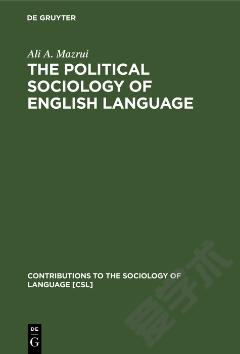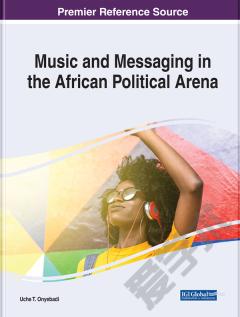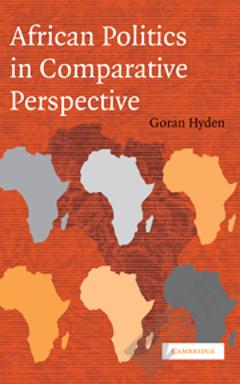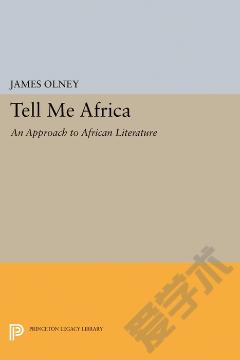The Politics of Translating Sound Motifs in African Fiction
Starting with the premise that aesthetic choices reveal the ideological stances of translators, the author of this research monograph examines works of fiction by postcolonial African authors writing in English or French, the genesis and reception of their works, and the translation of each one into French or English. Texts include those by Nuruddin Farah from Somalia, Abdourahman Ali Waberi from Djibouti, Jean-Marie Adiaffi from Cote dâIvoire, Ayi Kwei Armah from Ghana, Chenjerai Hove from Zimbabwe, and Assia Djebar from Algeria, and their translations by Jacqueline Bardolph, Jeanne Garane, Brigitte Katiyo, Jean-Pierre Richard, Josette and Robert Mane, and Dorothy Blair. The author highlights the aural poetics of these works, explores the sound motifs underlying their literary power, and shows how each is articulated with the writerâs literary heritage. She then embarks on a close examination of each translatorâs background, followed by a rich analysis of their treatments of sound. The translatorsâ strategies for addressing sound motifs are contextualized in the larger framework of postcolonial literatures and changing reading materialities.
{{comment.content}}








 京公网安备 11010802027623号
京公网安备 11010802027623号